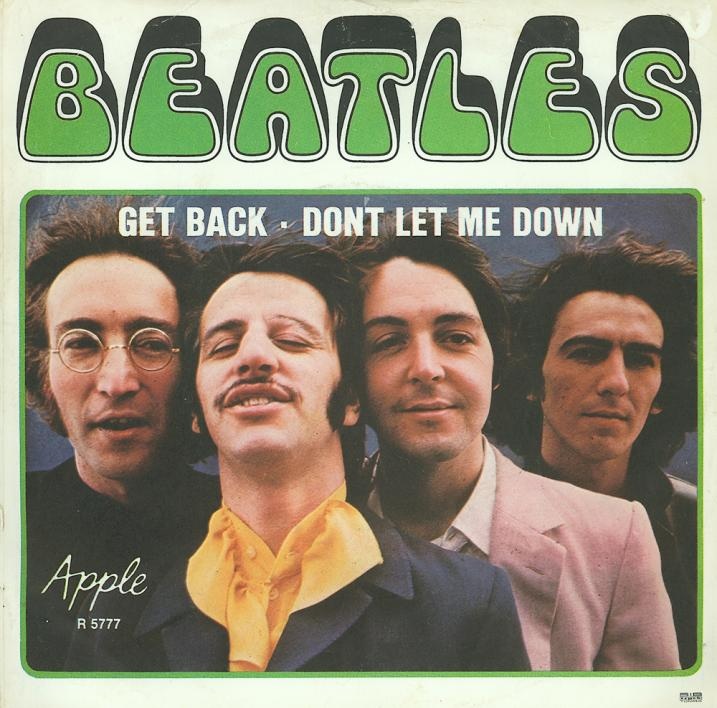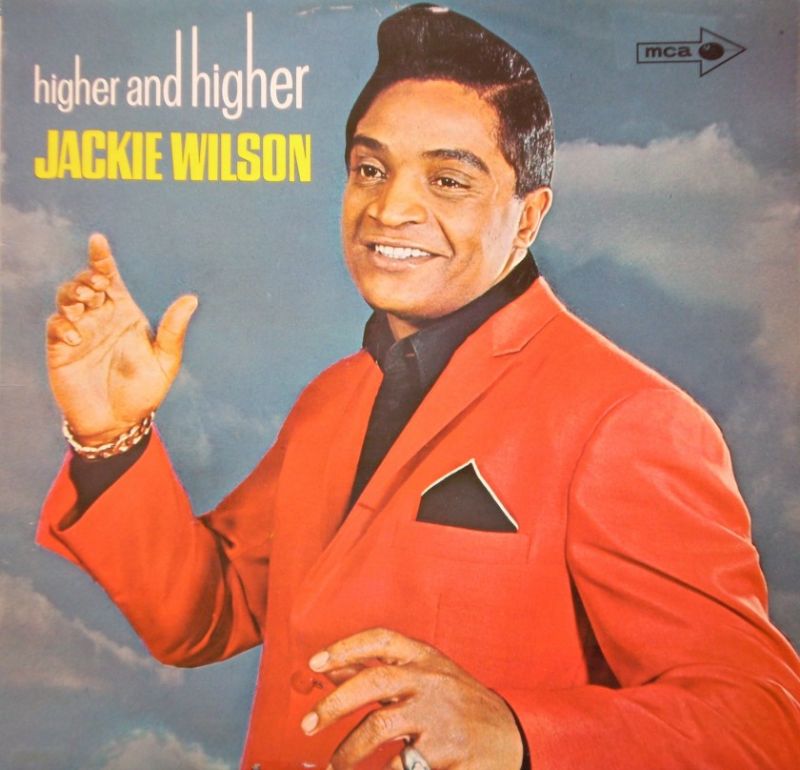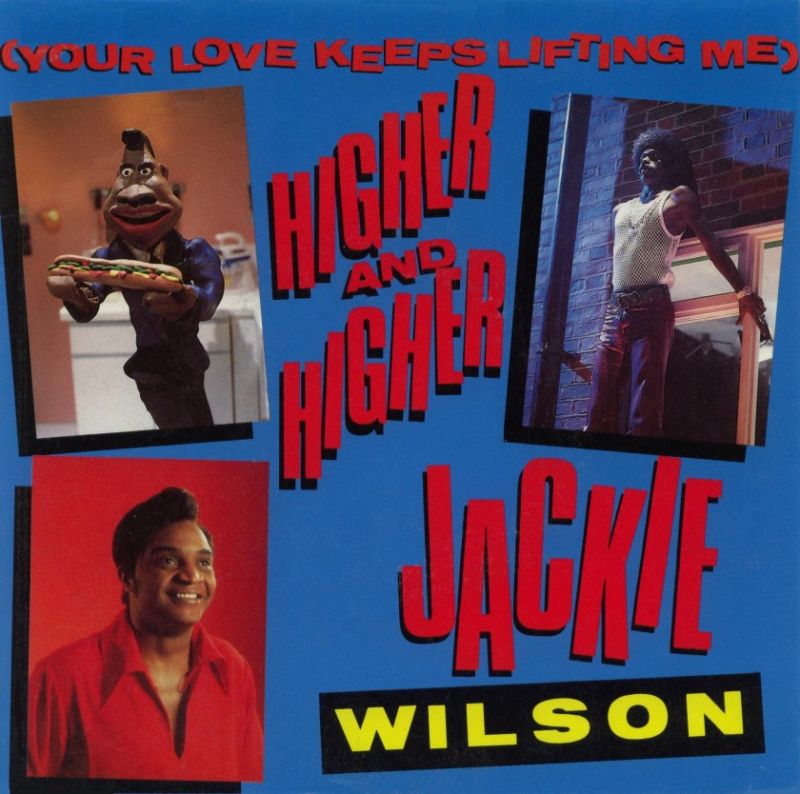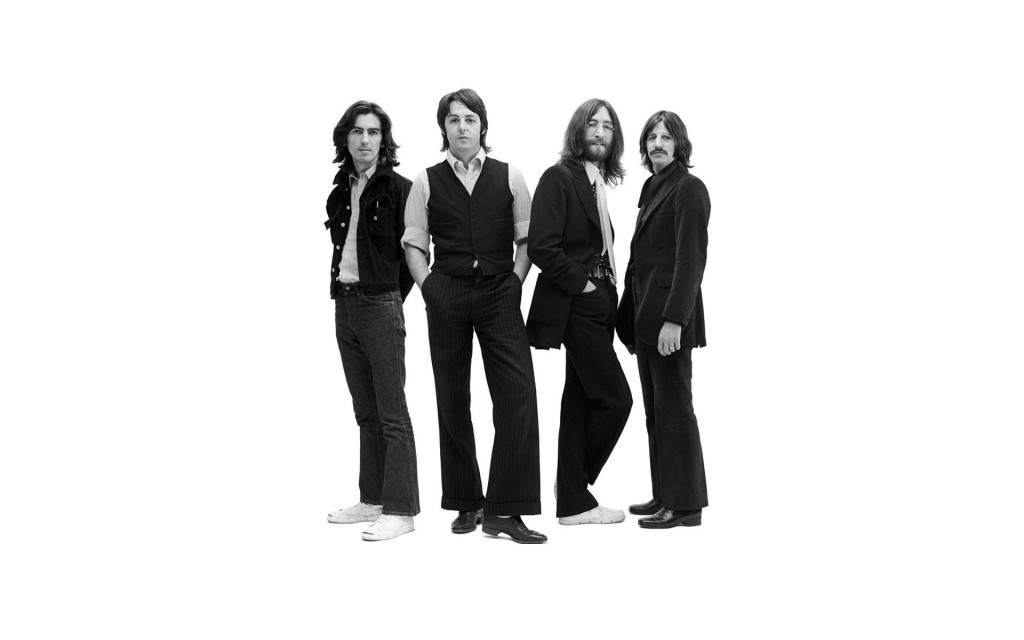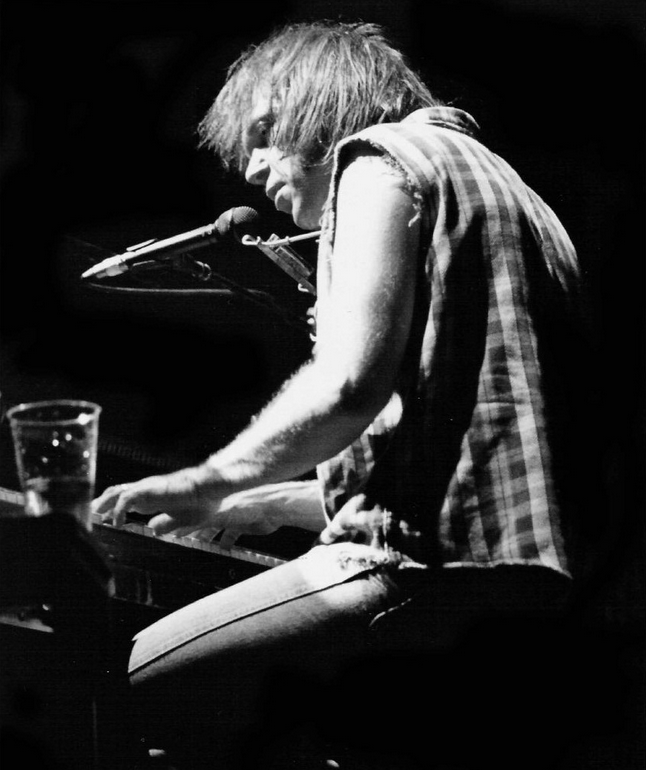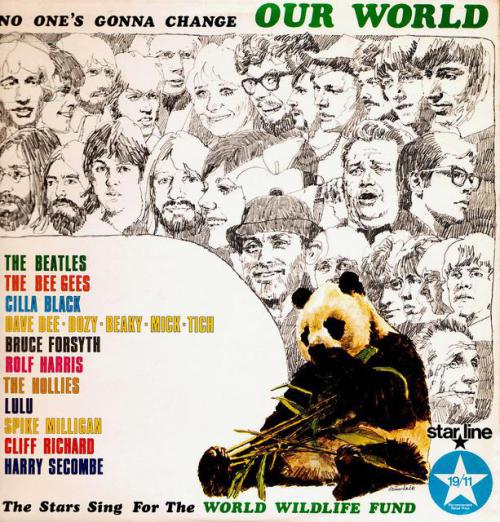
I like ‘Across the Universe,’ too. … It’s one of the best lyrics I’ve written. In fact, it could be the best, I don’t know. It’s one of the best; it’s good poetry, or whatever you call it, without chewin’ it, it stands. See, the ones I like are the ones that stand as words without melody, that don’t have to have any melody. It’s a poem, you know; you could read ’em. „
—John Lennon, “Lennon Remembers” interview in Rolling Stone, 1971‘Across The Universe’ is one of John’s great songs. It had special words. „
—Paul McCartney, Many Years From Now, 1997After the aggressive sarcasm of I AM THE WALRUS, it is sad to find Lennon, some months and several hundred acid trips later, chanting this plaintively babyish incantation. His most shapeless song, ACROSS THE UNIVERSE, like IN MY LIFE and NOWHERE MAN, came out of a mentally drained state in the early hours of the morning: a trancelike succession , of trochees which presently extended to three verses. Lennon was impressed with this lyric, trying on several later occasions to write in the same metre. Sadly, its vague pretensions and listless melody are rather too obviously the products of acid grandiosity
rendered gentle by sheer exhaustion.
~Ian MacDonald (Revolution in the Head: The Beatles’ Records and the Sixties)
I strongly disagree with MacDonald on this one.
–
“Across the Universe” is written by John Lennon, and credited to Lennon–McCartney. The song first appeared on the various artists’ charity compilation album No One’s Gonna Change Our World in December 1969, and later, in different form, on Let It Be, the group’s final released album.
–
During the February 1968 recording sessions, Spike Milligan dropped into the studio and, on hearing the song, suggested the track would be ideal for release on a charity album he was organising for the World Wildlife Fund. At some point in 1968, the Beatles agreed to this proposal. In January 1969, the best mono mix was remixed for the charity album. In keeping with the “wildlife” theme of the album, sound effects of birds were added to the beginning and end. The original (mono) mix from February 1968 is 3:37 minutes in length. After the effects were added, the track was sped up so that even with 20 seconds of effects, it is only 3:49. Speeding up the recording also raised the key to E-flat. By October 1969, it was decided that the song needed to be remixed into stereo. This was done by Geoff Emerick immediately prior to the banding of the album. “Across the Universe” was first released in this version on the Regal Starline SRS 5013 album, No One’s Gonna Change Our World, in December 1969.
This version was issued on three Beatle compilation albums, the British version of Rarities, the different American version of Rarities and the second disc of the two-CD Past Masters album.
No One’s Gonna Change Our World/Past Masters version
Continue reading The Beatles 40 best songs: at 15 – Across The Universe

